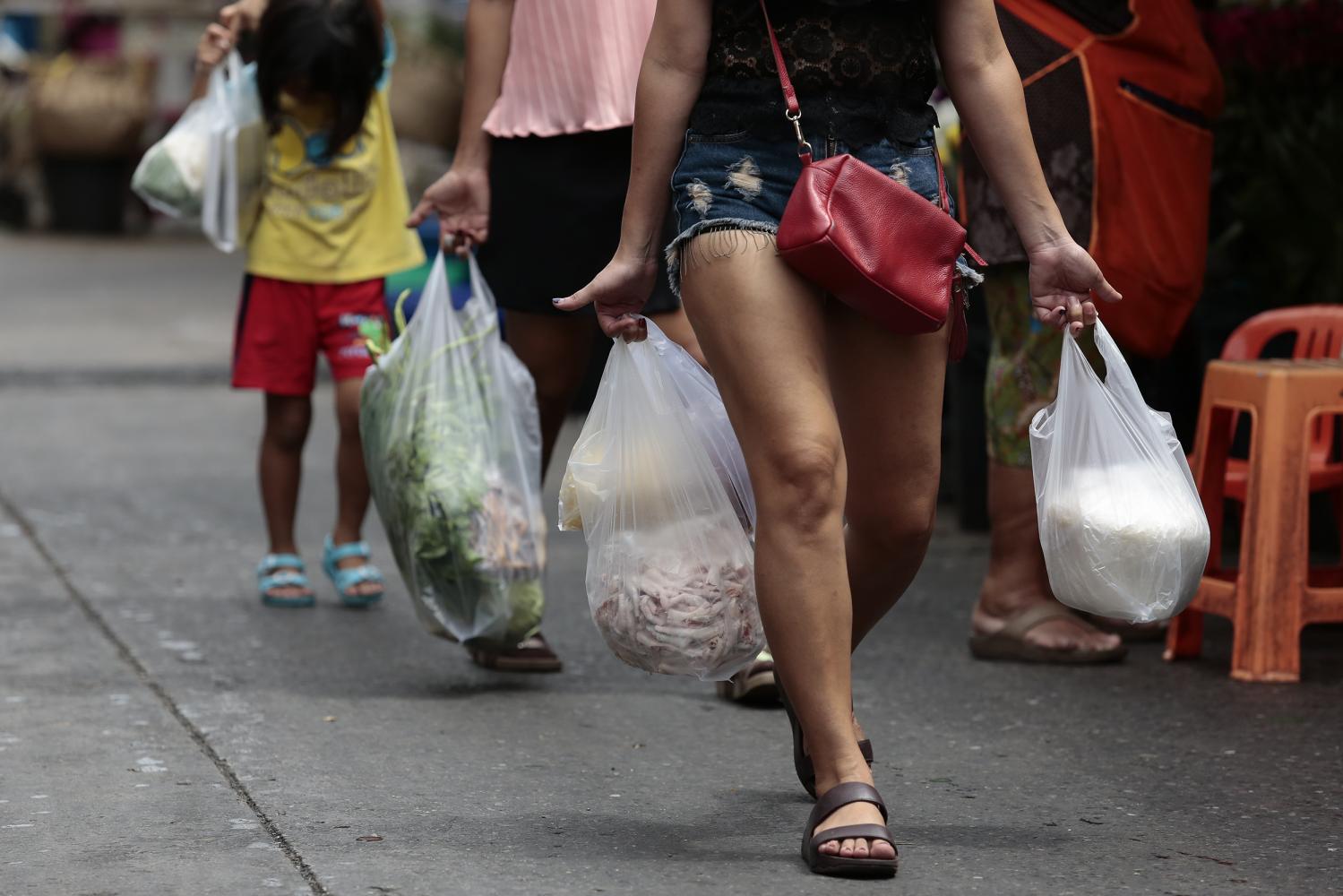
Plastic manufacturers under the Federation of Thai Industries (FTI) are concerned about the increase of oxo-degradable plastics, which falsely claim to be environmentally friendly.
Oxo-degradable plastics are designed to break down into small fragments, but this causes microplastic pollution that harms ecosystems, including oceans.
Usage of plastic is increasing as a result of measures to curb Covid-19 infections, including travel restrictions and work-from-home guidelines. This has caused more people to order food, beverages and products online, resulting in more plastic packaging waste.
Even worse, some plastic makers who mix oxo-degradable additives in their products have alleged their plastics can decompose in a natural and environmentally friendly way, said Apiphop Phungchaikul, vice-chairman of FTI's Plastic Industry Club.
"We want state agencies to better regulate and control usage of oxo-degradable additives in plastic products in Thailand," he said.
The club wants the government to ban the import of oxo-degradable additives into the country.
Oxo-degradable additives are a catalytic material incorporated into traditional polyolefin.
Many countries in Europe have banned oxo-degradable additives because the material cannot be recycled, so oxo-degradable additive makers have turned their focus to exporting products to Asian markets, especially Thailand, which is the largest plastic producer in Asean, said Mr Apiphop.
Thai plastic production is based in the Map Ta Phut industrial estate in Rayong.
The club is also asking the Office of the Consumer Protection Board and the Thai Industrial Standards Institute to inspect oxo-degradable plastics that are falsely advertised as eco-friendly products to avoid misunderstanding among consumers.
The government indicated it plans to ban seven plastic items and types, including cap seals, oxo-degradable plastic, single-use plastic bags, cups and straws by 2025.
"The plan is only aimed at banning plastics, not oxo-degradable additives, which are mostly imported from China to make plastic products such as bags, spoons and straws," said Mr Apiphop.